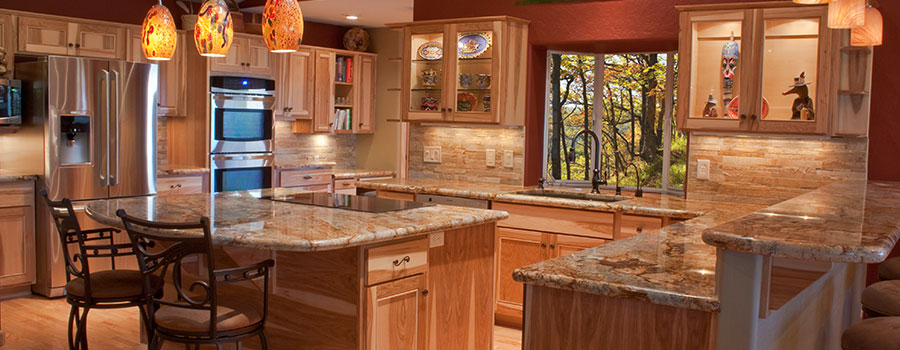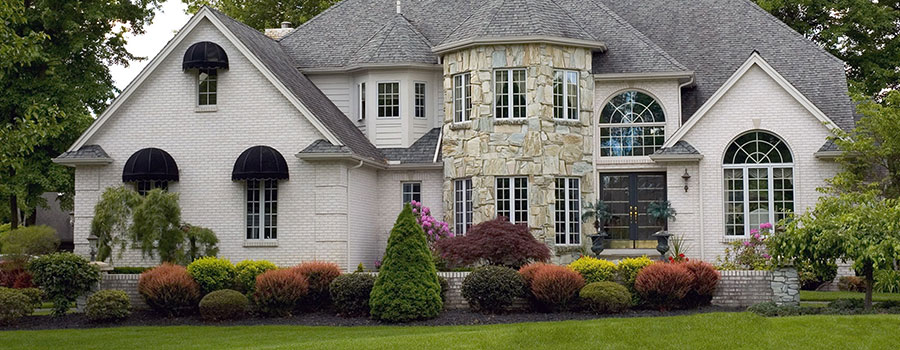How to Prepare for an Addition
Adding an addition to your house is an exciting move since it allows you to increase your living space while also improving the utility of your property. While this is the case, in order to ensure success, such a project must be carefully planned and prepared for. In this comprehensive guide, we’ll lead you through the processes necessary to prepare your house for an addition, from the initial inspection to the last touches of construction. Assess the existing structure. Before you even begin the planning process, you should evaluate your home’s current structure, foundation, and utilities. This assessment will establish whether your house can withstand the additional load and whether any changes are required to integrate the new space seamlessly. During this stage, consulting with home addition contractors isn’t enough. You also need to hire a structural engineer or architect who will provide significant insights and ideas on how to prepare your home for addition. Come up with a design. You should work with an architect or designer to develop a comprehensive plan for your addition. Consider the purpose of the new area, architectural style, size, layout, and how it will integrate with the existing structure. A well-thought-out design will fulfill your objectives while also adhering to local building laws and regulations. Get the necessary permits. Navigating the regulatory landscape is an essential step in preparing your home for an expansion. You should research the local building standards and regulations to identify whether permits are required for your project. Obtaining the proper licenses from your municipality before beginning construction will help to avoid delays and guarantee that all legal criteria are met. Come up with a budget. Setting a fair budget for your additional project is critical to its success. Consider all costs, including materials, labor, permits, and contingencies for unforeseen expenses. You should prioritize your needs and allocate funds accordingly to accomplish the desired result within your budget. Secure your funding Few homeowners can afford a complete room extension in cash. Therefore, a loan or line of credit is required. This often entails acquiring a home equity loan, second mortgage, or line of credit based on the amount of equity in the home—the current real estate value minus any outstanding mortgage or loan sum. Banks and other lenders are frequently hesitant to give money to homeowners who still owe 80-85% or more of their home’s assessed value, however this is not a hard and fast rule. When a homeowner qualifies for a second mortgage or home equity loan, banks typically extend no more than 85 percent of the equity in the home. If you do not qualify for a bank loan, there are other options for obtaining loan financing, such as borrowing against the value of a retirement fund or life insurance policy. However, such borrowing should be done with caution and in cooperation with a financial expert. When you are securing your funding, ensure that you make the right decisions that won’t see you in financial ruin. Find a reputable contractor. Most people prefer to employ a general contractor (GC) to handle the work of room expansion. The […]
Read moreHow Can I Reduce The Cost Of Building An Extension?
As much as a home extension increases the size of your house, making it more functional, it can get expensive. When your pockets are bottomless, the cost of constructing an extension isn’t an issue, but when you are on a budget, you have to watch every coin. Are you wondering how to reduce the cost of building a home addition? Here are valuable tricks you can use as given by home addition contractors: Consider a smaller extension It goes without saying that when you build a smaller extension, you require fewer materials and less labor, which saves you money. While you save money when you build a smaller extension, you should ensure that your new extension meets your family’s needs and provides you with the space you desire. To ensure that you get an extension that is the right size for your needs, work with an experienced planner who will help you get the maximum value for every meter you build. Go with simple extensions. The same way you should avoid larger extensions than you need is the same way you should stay away from complex ones. To save money, avoid clever angles, curved walls, or cantilevered structures, as they will cost more to construct. They also might require expert skills that you might not have. Hire an affordable contractor The contractor you hire can go a long way toward determining the cost and quality of the extension you build. One major mistake that people make is to hire the first contractor they come across. This is wrong. The best way to do it is to contact a few contractors and compare their quotes. As you compare the quotes, pay close attention to what the quotes cover. An ideal quote should have the technical plans, architectural plans, schedule of works, structural designs, and so on. It also doesn’t hurt for the quote to have a list of all the items you need for the project and their pricing. Go through the quotes with a fine comb, then decide the one that makes the most sense. You can even save more money by hiring a design and build contractor. This professional can handle both the design and construction of your extension. Such a contractor will save you money, as they will design the extension with cost-saving measures in mind. Stay away from premium materials. There are many materials you can use for an extension; some are cheaper than others. As much as you would want to install premium materials that look good and last for a long time, you should avoid them when you are on a budget, as they tend to be expensive. Instead, you should go for cheaper alternatives that do the same job. For example, you can use wood instead of brick or concrete in your extensions. Do some of the work yourself. You can save some money by doing some of the work yourself. For example, you can do the work yourself instead of hiring a contractor to do the painting. As much as you save money doing this, you should note that you can easily end […]
Read more

